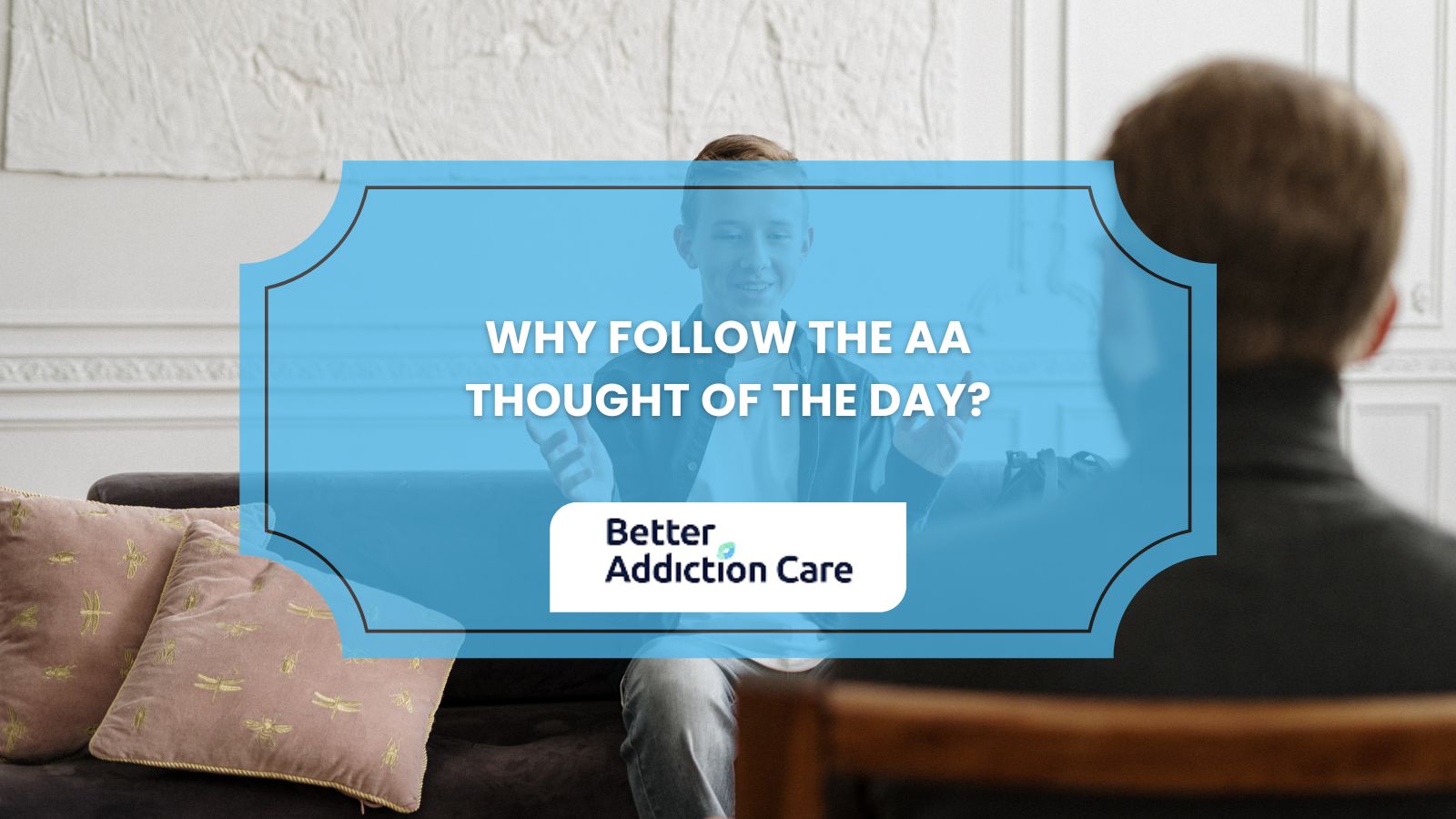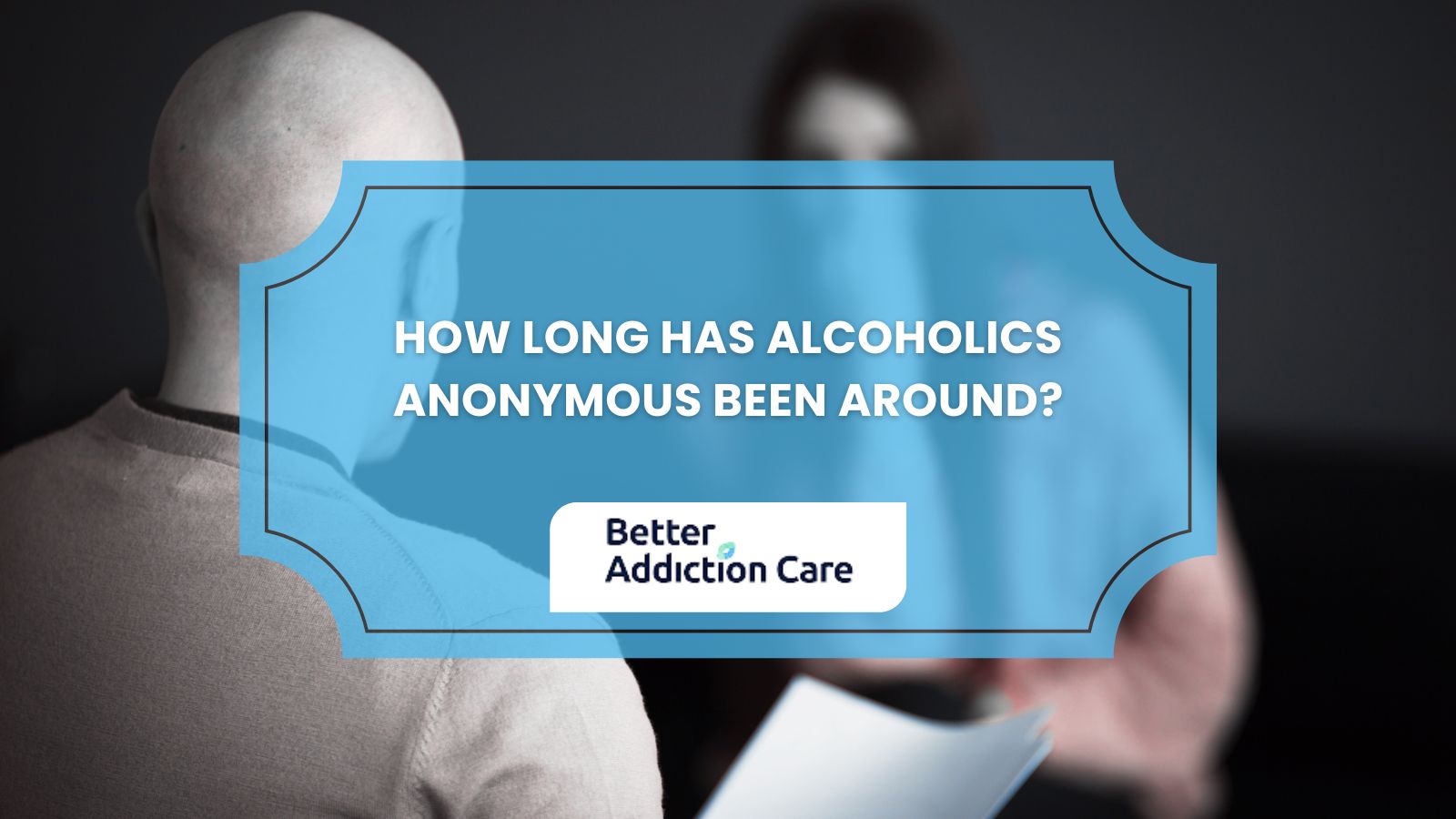Understanding and Following AA Promises
Those undergoing faith-based treatment could begin their road of recovery by adhering to the AA promises. These promises give people struggling with addiction hope and a sense of transformation.

The Twelve Steps approach outlines great emotional, spiritual, and pragmatic achievements that people can reach through consistent sobriety. It presents a road map for a life free of alcohol, emphasizing the observable benefits such as mental clarity, stronger ties with others, and financial stability.
Furthermore, the Promises provide people in recovery with a sense of kinship and shared experiences. When people connect their own pathways with these common goals, they gain strength and comfort from the collective accomplishments of those who have traveled a similar path. This social component increases the support structure, which is crucial for long-term sobriety. Here's a guide to help you understand and follow these promises.
What Are The 12-Step Promises of AA?
-
Promise 1
"If we are painstaking about this phase of our development, we will be amazed before we are halfway through."
This statement is based on the belief that you will see significant and constructive improvements in your life if you persistently work through the AA recovery process.
How it Works
Pay great attention to your thoughts, feelings, and behaviors while maintaining a laser-like focus on the stage of development you are in right now. Make sure your feelings and self-reflection are accurate and comprehensive.
Benefits
In this stage, diligent work reduces guilt and shame related to past actions and produces instant emotional comfort. Your relationships strengthen, and your confidence grows as you begin to act more responsibly.
-
Promise 2
“We are going to know a new freedom and a new happiness.”
This statement is based on the ideas of freedom and happiness that sobriety could bring.
How it Works
In the framework of AA, freedom and happiness result from escaping the hold of addiction through abstinence and the methodical Twelve Steps approach. These steps assist people in developing self-awareness, accountability, and spiritual development. As they work their way through the steps, people replace unhealthy habits and mindsets with better ones.
Benefits
One significant result of this approach is a fresh sense of happiness and freedom from the past. Making apologies and asking for forgiveness can provide individuals with emotional emancipation by relieving them of their guilt and shame. This allows them to move forward with a clearer conscience and a sense of acceptance of who they are.
-
Promise 3
“We will not regret the past nor wish to shut the door on it.”
This demonstrates how those who are in recovery will soon be able to reflect on their past without feeling compelled to hide or feel regret for it.
How it Works
This vow helps people to accept and incorporate past events. By sincerely confronting their past, people can apply what they have acquired to prevent making the same mistakes. This pledge moves the story from one of grief and shame to one of awareness and power.
Benefits
Accepting the past lessens guilt and shame and increases self-compassion and understanding, therefore facilitating emotional healing. It increases resilience and sharpens the will to stay sober. Seeing the past as a source of insightful insights might help us create a more optimistic and hopeful vision for the future.
-
Promise 4
"We will comprehend the word serenity, and we will know peace."
By creating a state of serenity in their lives, people in recovery will be able to truly understand what it means to be at peace and serene.
How it Works
People who experience calm are better equipped to cope with stress and emotional turmoil without resorting to drugs or alcohol. Sober living homes offer a supportive environment where residents can practice maintaining serenity while gradually rebuilding their independence in a safe, structured setting.
Benefits
Achieving peace helps overall mental and emotional well-being, which promotes long-term sobriety. It also reduces anxiety, promotes inner calm, and leads to more pleasant interactions with others.
-
Promise 5
“No matter how far down the scale we have gone, we will see how our experience can benefit others.”
People with Alcohol Use Disorder will eventually see that their experiences can benefit others in similar situations, no matter how far they have fallen.
How it Works
Recognizing how one's previous challenges might help others promotes a sense of purpose and self-worth. It can confirm the individual's commitment to sobriety and help in transforming negative experiences into constructive contributions.
Benefits
Helping others boosts self-esteem and makes you feel helpful and valuable.
-
Promise 6
“That feeling of uselessness and self-pity will disappear.”
This promise can help you avoid feeling depressed or inadequate.
How it Works
Through this change, people might come across the negative emotions that first motivated their addiction.
Benefits
Letting go of self-pity and notions of worthlessness helps one to develop positive thinking, relationships, and self-esteem.
-
Promise 7
“We will lose interest in selfish things and gain interest in our fellows.”
By keeping this pledge, people in recovery will start to prioritize the needs of others over their own self-serving interests.
How it Works
This change from self-interest to empathy lessens the loneliness that addiction frequently brings and promotes a support network and the feeling of having valuable people around.
Benefits
It improves relationships, fortifies emotional health, and establishes a network of support, all of which are beneficial for maintaining sobriety and leading a happy life.
-
Promise 8
“Self-seeking will slip away.”
This indicates that self-interested behavior will become less common over time.
How it Works
By assisting in the reduction of self-centered behaviors that might occasionally enable addiction, this modification promotes deeper and more meaningful interactions.
Benefits
It fosters community and connection, which enhances emotional health and resilience, and it supports long-term sobriety.
-
Promise 9
“Our whole attitude and outlook upon life will change.”
This promise states there will be a major change in the way someone understands life.
How it Works
Experiencing the healing process provides new perspectives and more effective coping mechanisms, helping in addiction recovery. This mental shift helps people to let go of the negative thought patterns and behaviors connected to addiction, therefore encouraging a more positive and proactive attitude toward the challenges of life.
Benefits
Changing perspective and approach helps one develop optimism, resilience, and general well-being. By means of a more meaningful and purposeful life, one increases their capacity to control stress and suffering, strengthens connections, and promotes ongoing sober.
-
Promise 10
“Fear of people and of economic insecurity will leave us.”
It means people will overcome their concerns about their financial stability and about engaging with people.
How it Works
As their rehabilitation progresses, people develop confidence in their ability to manage daily events, including social situations and financial responsibilities. The help and tools provided by the AA program help to reduce anxiety, therefore promoting a sense of security.
Benefits
Overcoming these fears improves one's mental and emotional well-being. All of these factors help to lead a steady and fulfilling life free from addiction, such as work prospects, better relationships, and more skillful handling of money.
-
Promise 11
“We will intuitively know how to handle situations which used to baffle us.”
This promise indicates that people in recovery would naturally become able to control events that earlier confused them.
How it Works
By means of the Twelve Steps and ongoing personal development, people acquire understanding and useful skills that improve their capacity for decision-making and problem-solving. Their increased insight enables them to negotiate obstacles without turning to compulsive behavior.
Benefits
Growing confidence and self-reliance follow from a better intuitive knowledge. It helps people manage the complexity of life more skillfully and with more ease, therefore supporting long-term sobriety and lowering stress and anxiety.
-
Promise 12
“We will suddenly realize that God is doing for us what we could not do for ourselves.”
Those in recovery will come to see that, as they define it, a higher force is offering assistance and direction they would not be able to get on their own.
How it Works
Understanding the presence and help of a higher power helps one develop trust and surrender. This insight helps people to release the guilt of feeling alone and responsible for conquering addiction by enabling them to rely on spiritual support and discover strength outside themselves.
Benefits
Knowing that a higher power is guiding them gives them serenity and comfort. It increases spiritual development, lessens loneliness, and improves the will for recovery. This conviction of supernatural help can motivate hope, resiliency, and a closer relationship with one's spirituality, therefore supporting continuous sobriety and general well-being.
Is It Good to Follow These Promises?
For those in recovery, keeping the Twelve Promises of AA has great advantages. Emotionally, it substitutes a sensation of well-being, peace, and inner quiet for negative emotions. By means of self-acceptance, forgiveness, and better decision-making, this road promotes personal development.
Practically, the promises enable one to overcome worries about social contacts and financial security, thereby boosting confidence and resilience. Accepting these promises helps one overcome addiction and create a better, more contented life.
How Do The AA Promises Support Individuals In Local Drug And Alcohol Rehab Facilities During Their Recovery Journey?
The AA Promises support individuals in local drug and alcohol rehab facilities by providing a framework for hope and personal growth. These promises outline the positive changes that occur as individuals work through their recovery, fostering a sense of accountability and motivation. Whether you're looking for rehab centers in Florida, California, Illinois, Texas, New York, or any other state, our local drug and alcohol rehab locator connects you with treatment centers that match your specific needs, providing confidential assessments and support throughout the process.
Related Articles
Treatment Centers in New Jersey







